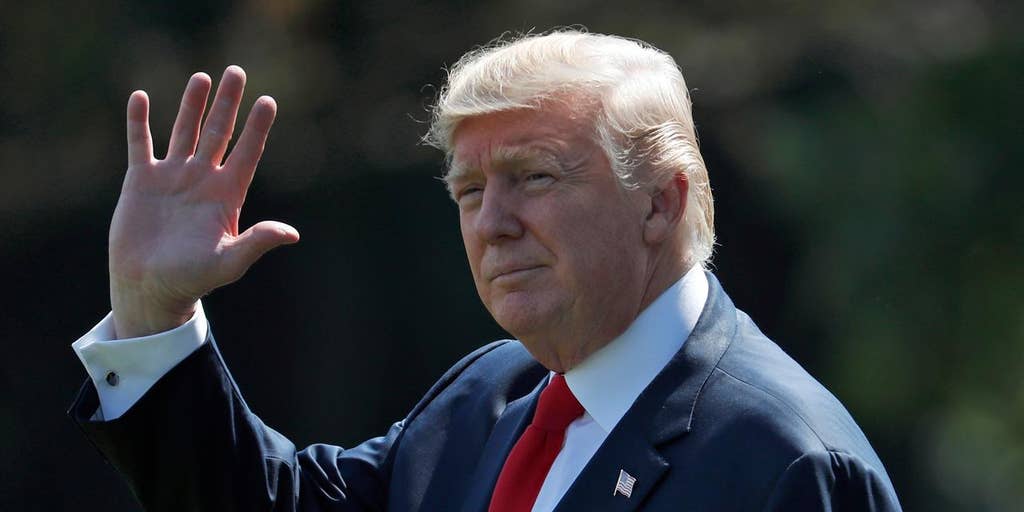Election polls play a crucial role in shaping public perception when elections roll around, but their accuracy has come under immense scrutiny. Election polls can be administered in a multitude of different ways, which inevitably causes bias.
For example, CNN and Fox News conduct their own polls. These two news stations, known for their opposing stances towards one another, will obviously cater to a different audience. While both companies polling firms have a good reputation, their coverage can be slanted depending on their bias. Therefore, in the realm of election polls, the general issue of bias in certain polls is a significant threat to their accuracy. Consequently, they undermine the very purpose they aim to serve. Even seasoned pollsters can administer errors, leading to extensive biases in polling results. The underlying assumption with polling is that sampled opinions accurately represent the distribution of opinions across an entire voting body, which leaves a lot of room for error. The most prevalent issue is biased sampling. For instance, let’s look at the 2012 presidential election between Barack Obama and Mitt Romney. Rasmussen Reports, which relied on landline phones and online surveys, potentially skewed results toward the older and wealthier populations, since they still use landlines. This group of people tends to lean Republican, which obviously can skew results. This is volunteer bias, where those who volunteer their opinions do not represent the entire population.
Whether it be straightforward bias, such as that of CNN or Fox, or more subtle bias, such as Rasmussen reports, it is almost impossible to accurately capture the public opinion through pollings. Therefore, I don’t believe that we should put so much trust within them. Perhaps they can be useful for vaguely gauging the general consensus of people, but considering the amount of bias that inevitably lies within them, they are not the best resource. I also believe that election polls limit free thinking and promote almost a mob mentality. When individuals see the results of polls, whether they are accurate or not, they may feel pressured to align with popular opinions, instead of expressing their independent views. So, given these limitations and risks, putting unwavering trust in election polls might not be the best approach to understanding public sentiment.
Considering the fact that election polls are innately biased, then it is not surprising that history has shown that they are often inaccurate and wrong. For example, the 2020 U.S. presidential election had very inaccurate polls. Polls from that election often overstated Joe Biden’s lead over Donald Trump. In one survey conducted by Pew Research, a biased sample collected before the 2020 election predicted a 12-point difference in favor of Joe Biden. This sample consisted of primarily Democratic voters. However, a balanced sample showed it would only be a 4 point difference, which accounted for both political parties. Regarding the 2024 election, polls conducted by The New York Times and Siena College show that President Biden is currently trailing Trump in five out of the six crucial swing states. The demographic shifts observed are noteworthy, with groups that strongly supported Biden in 2020 now showing a more even split. For instance, voters under 30, Hispanic voters and urban residents exhibit diminished support for Biden compared to the previous election, while men now favor Trump by a significant margin. However, based on what we know about election polls, it is important that we take this information with a grain of salt. Of course, it is interesting to observe the changing voting demographics, however until the election itself arrives, we can never truly test if this data is true. Some of these shifts can be the result of biased voting. Personally, because of this, I don’t often look at polling numbers. I believe that people should also avoid looking at polling numbers, or putting too much value on them. If they do this, they may unknowingly conform to the herd mentality that is pushed upon them, abandoning their own beliefs and believing more popular ones.
News stations should definitely be more transparent about their polling, sharing the exact demographics of people they used for their samples, to be honest about the biases in their information. Therefore, relying on polls risks stifling independent thought, emphasizing the need for a cautious and critical perspective amid evolving voter dynamics.
Laila Sayegh, FCRH ’27, is a political science major from Congers, N.Y.










































































































































































































